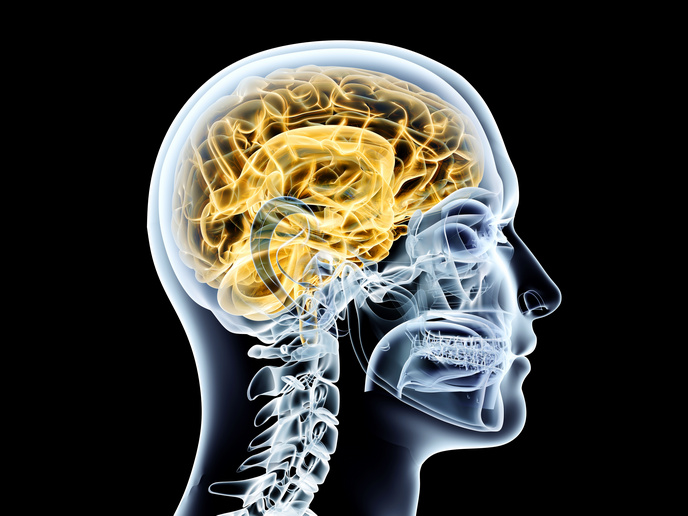Artificial tissue replacement for the treatment of urethra narrowing
A urethral stricture(opens in new window) is the narrowing of the passage that empties urine from the bladder. This condition slows down the ability to urinate and is typically caused by chronic inflammation or development of scar tissue at any point along the urethra. The gold standard treatment for urethral strictures is reconstruction or substitution urethroplasty, using grafts from the lining of the patient’s cheek.
MukoCell®, an artificially produced autologous oral mucosa transplant
Being able to artificially engineer biological tissue by cultivating oral mucosal cells from the patient allows for a personalised medicine approach. Autologous grafts are well tolerated by patients, and they lead to the development of fully functional urethral tissue. The EU-funded TETUS project has developed a regenerative tissue replacement graft: MukoCell® is the first advanced therapy medicinal product in urology. “Our innovation lies in the fact that we produce human tissue substitutes for the reconstruction of organs. Only a small piece of native oral mucosa tissue serves as the starting material for the production of MukoCell®,” explains Sören Liebig, project coordinator and CEO of MukoCell(opens in new window). In contrast to other methods, oral mucosa cells are cultured in the laboratory on a carrier membrane and are available as a transplant 3 weeks later. This eliminates the need to surgically excise large segments of the patient's native tissue from the mouth. It also minimises associated complications like pain, bleeding and swelling in the oral cavity. And very important, the operating time for urethroplasty with MukoCell is reduced by around 1 hour compared to the traditional method. The effectiveness and safety of MukoCell® has been validated. The product has already received market approval in Germany, while the European Medicines Agency (EMA) has certified MukoCell® quality as EU compliant. Results from an observational study in Germany – where the procedure has been implemented since 2016 – indicate that the sooner MukoCell® treatment is performed, the more likely the patient is to achieve long-term freedom from symptoms after a single therapy. In contrast, conventional methods in patients have side effects or a high risk of additional interventions.
MukoCell® advantages and prospects
TETUS has succeeded in developing a regenerative tissue product in the laboratory and they have revolutionised the surgical technique for administering it to the patient. In the future, the company expects that MukoCell® will improve patients' quality of life and significantly reduce operating times and the associated operating costs. The MukoCell GMBH company has established the analytical testing procedures required by the EMA to ensure the quality of the MukoCell® product. After patenting the MukoCell® manufacturing process, TETUS will proceed with a phase III clinical trial to compare the safety and efficacy with the traditional process. This study has been designed with EMA and obtained ethical approval from German regulatory authorities. “We hope to implement autogenous oral mucosa as first-line therapy, depending on the indication,” concludes Liebig. Moreover, the versatility of the product renders it suitable for the treatment of other therapeutic indications including reconstruction of the cornea.







